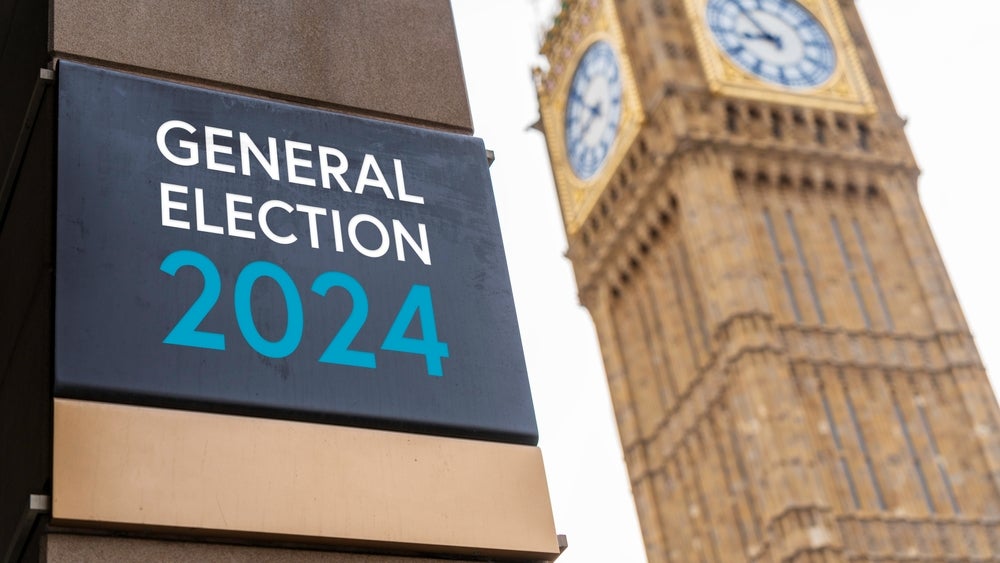
A general election always causes a level of uncertainty, and this time around is no exception. The only certainty is that from 5 July there will be a new Government in place for the next 4-5 years and an indication of the fiscal changes that may or may not be introduced.
Crucially, given that Parliament was effectively ‘dissolved’ on 30 May, there is now no opportunity for any legislation to be passed until the outcome of the election. As such, there will be close attention on party manifestos to see what they would likely enact should they come into power this July, with speculation around a likely early Autumn Statement.
Will we see tax change?
It is inevitable that we will be faced with a number of tax policies being discussed and offered up over the course of the campaign trail, meaning change is on the cards which will likely impact both businesses and individuals.
The Shadow Chancellor, Rachel Reeves, has already stated that there will be “no additional tax rises” from Labour, saying “I want to bring taxes down and I want those [income] tax thresholds to go up so people are not paying so much tax on their income.” She has also committed to corporation tax being capped at the current rate of 25%.
On the other hand, the Conservatives have announced that they will introduce a “Triple Lock Plus” if they win the election. The planned initiative will mean an increase to the income tax personal allowance for pensioners and a subsequent annual tax cut from 2025/26. This follows the Spring Budget in March 2024 where there was a degree of criticism in relation to lack of financial support for pensioners.
As well as the above, Chancellor Jeremy Hunt has also alluded to a change on the inheritance tax front, stating it is “pernicious”. An inheritance tax change has been predicted for the past couple of years and nothing has happened to date.
How well do you really know your competitors?
Access the most comprehensive Company Profiles on the market, powered by GlobalData. Save hours of research. Gain competitive edge.

Thank you!
Your download email will arrive shortly
Not ready to buy yet? Download a free sample
We are confident about the unique quality of our Company Profiles. However, we want you to make the most beneficial decision for your business, so we offer a free sample that you can download by submitting the below form
By GlobalDataShort term uncertainty
The campaigning and temporary dissolution of Parliament undoubtedly causes some uncertainty for the next few months. With this in mind, it’s important for individuals and businesses to assess their current position and utilise any reliefs before they may be subject to change.
Potential areas to consider now include:
- Everyone should consider using any personal tax allowances now (such as ISA/pensions/AEA/inheritance tax) and completing any current transactions so that they are locked in to current rates.
- For those interested in estate planning it could be beneficial to gift sooner rather than later as Labour have suggested they could restrict reliefs.
- Non-UK domiciled individuals should take advice now even though legislation is not set to come into effect until 6 April 2025, as explained here. Labour have said they will take more action than current plans suggest, so the landscape may worsen.
- Business executives/directors should look into taking carried interest profits now (at 28%) as Labour suggest they will abolish the CGT treatment (meaning 47% income tax/National Insurance). Also, funding pensions now in case of restrictions later may be a consideration of note.
- Businesses – With full expensing/Annual Investment Allowance (AIA) experiencing substantial change through the current Government, making plant & machinery purchases now could allow you to maximise these reliefs should they be subject to any changes in future.






